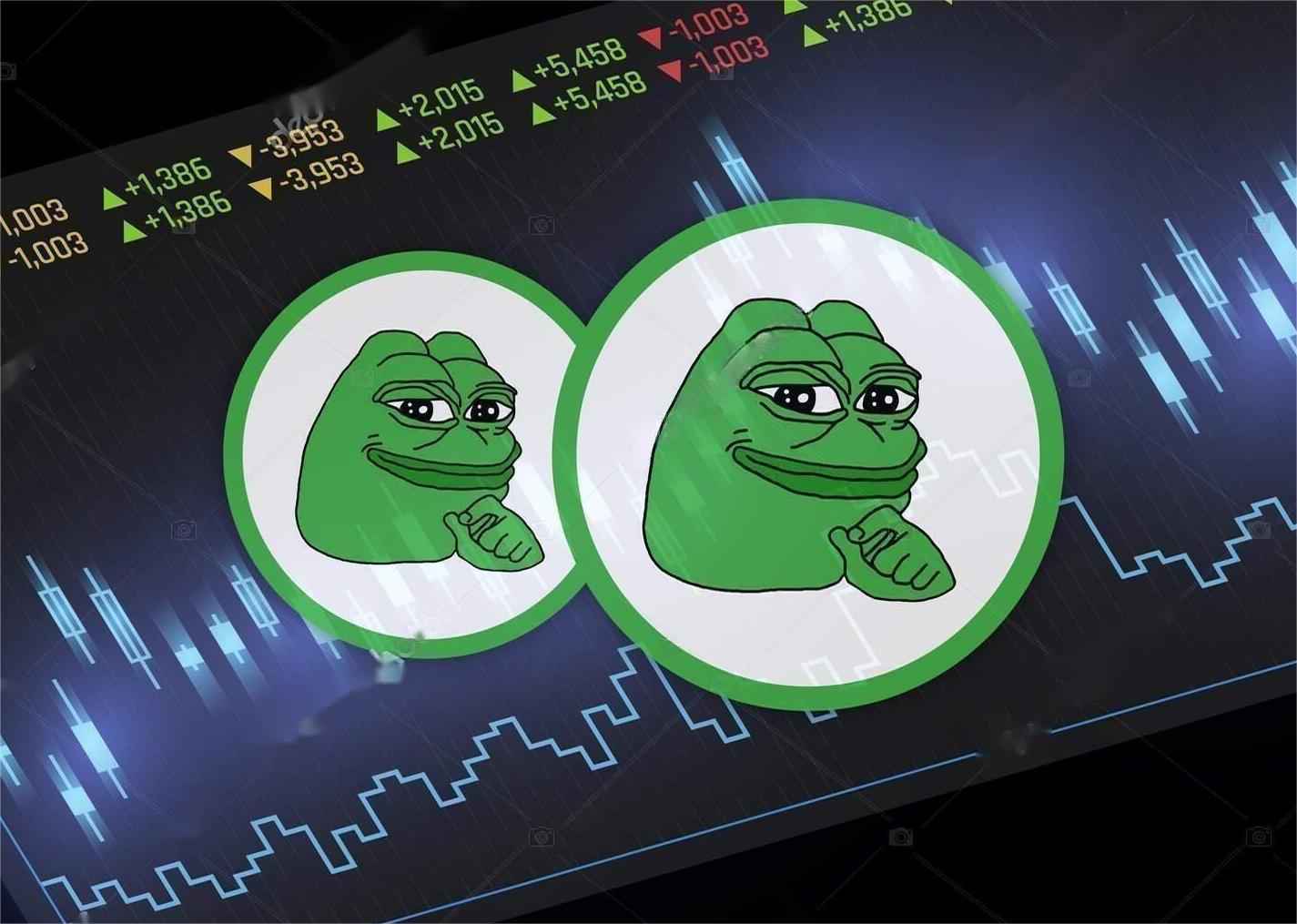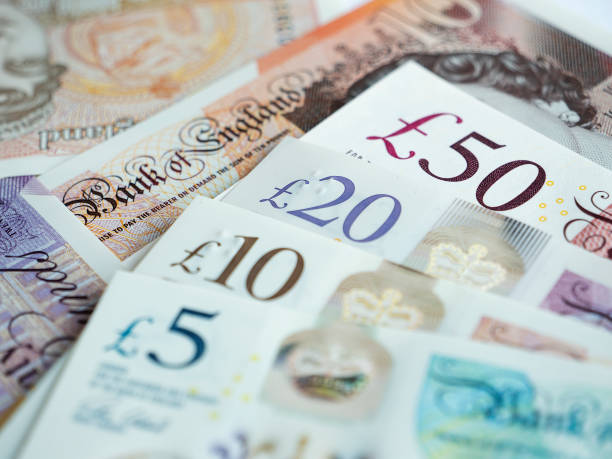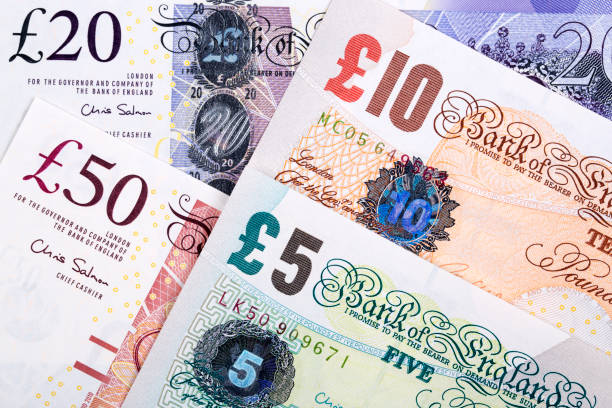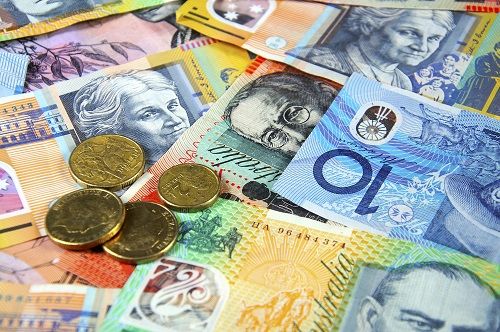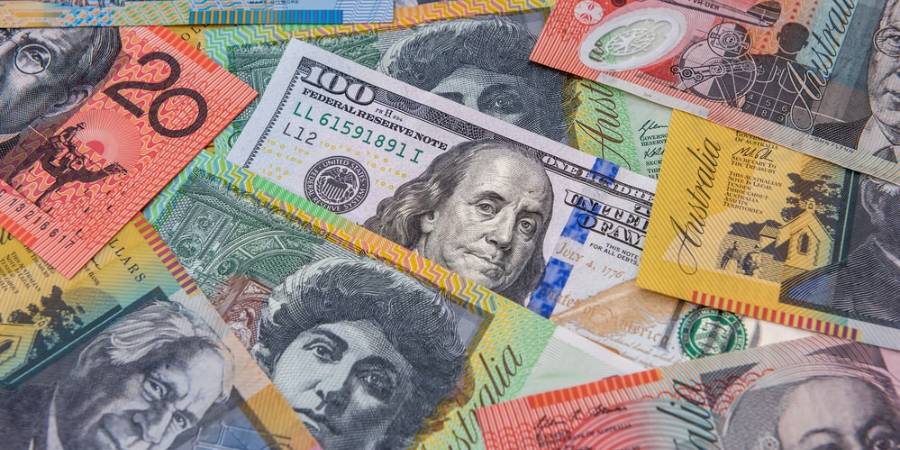NYSE y Nasdaq cerrarán sus operaciones el 9 de enero

En honor al difunto dent Jimmy Carter, el mercado de valores estadounidense cerrará el 9 de enero para conmemorar un día de luto nacional. La Bolsa de Valores de Nueva York (NYSE) y Nasdaq Inc. han confirmado la suspensión de las operaciones en sus bolsas de valores estadounidenses. CME Group Inc., el operador de mercados de acciones y tipos de interés con sede en Estados Unidos, y CBOE Global Markets Inc. aún no han revelado sus planes.
La decisión se alinea con una larga tradición de detener las operaciones financieras tras la muerte de un dent estadounidense. El dent Carter, que falleció el 29 de diciembre a la edad de 100 años, fue el dent más longevo en la historia de Estados Unidos. El cierre comparable más reciente se produjo el 5 de diciembre de 2018, con motivo del funeral del dent George HW Bush.
NYSE y Nasdaq cerrarán el 9 de enero por el día nacional de luto tras la muerte de Jimmy Carter https://t.co/a2sVxzDhfW
- FOX Business (@FoxBusiness) 31 de diciembre de 2024
NYSE Group President Lynn Martin reflected on Carter’s legacy in a statement, saying, “Jimmy Carter, with humble roots as a farmer and family man, devoted his life to public service and defending our freedom…The NYSE will respectfully honor President Carter’s lifetime of service to our nation by closing our markets on the National Day of Mourning.”
Lynn Martin added that the NYSE will also fly the US flag at half-staff throughout the mourning period.
Market interruptions are symbolic
According to a recent Bloomberg report, economists believe market closures, although infrequent, are an imperative symbolic gesture during moments of national significance.
Financial institutions have historically paused operations for events such as natural disasters, national emergencies, and pivotal historical events, including the terrorist attacks on September 11, 2001, and the Wall Street bombing of 1920.
Market participants emphasize that these pauses, though significant, typically have minimal long-term effects on trading or the broader economy. Following the one-day closure, markets are expected to resume normal volumes and liquidity.
“Business Day” of mourning is a US tradition
The tradition of suspending trading following a president’s death dates back to the assassination of Abraham Lincoln in 1865. At the time, the New York Times described the news as creating “a sensation of horror and of agony which no other event in our history has ever excited,” with businesses halting operations as citizens gathered in mourning.
Such closures serve as both a practical and symbolic pause, allowing the nation to reflect on the contributions of its leaders. In Carter’s case, his humble beginnings as a farmer and family man, combined with his dedication to public service and humanitarian efforts, have left an indelible mark on the nation.
Although markets rarely shut down, the death of a president remains an exception. Past closures for events like 9/11 highlighted the necessity of such pauses to maintain stability and avoid financial panic.
“The markets were right to shut down and just avoid financial panic,” said Ed Yardeni, a veteran market analyst, referencing the September 11 attacks. “Nobody really knew whether there would be more attacks.”
For January 9, the closure stands as a testament to the enduring connection between Wall Street and moments of national reflection. While trading interruptions are generally viewed as disruptive, investors anticipate a smooth return to normalcy when markets reopen
From Zero to Web3 Pro: Your 90-Day Career Launch Plan


